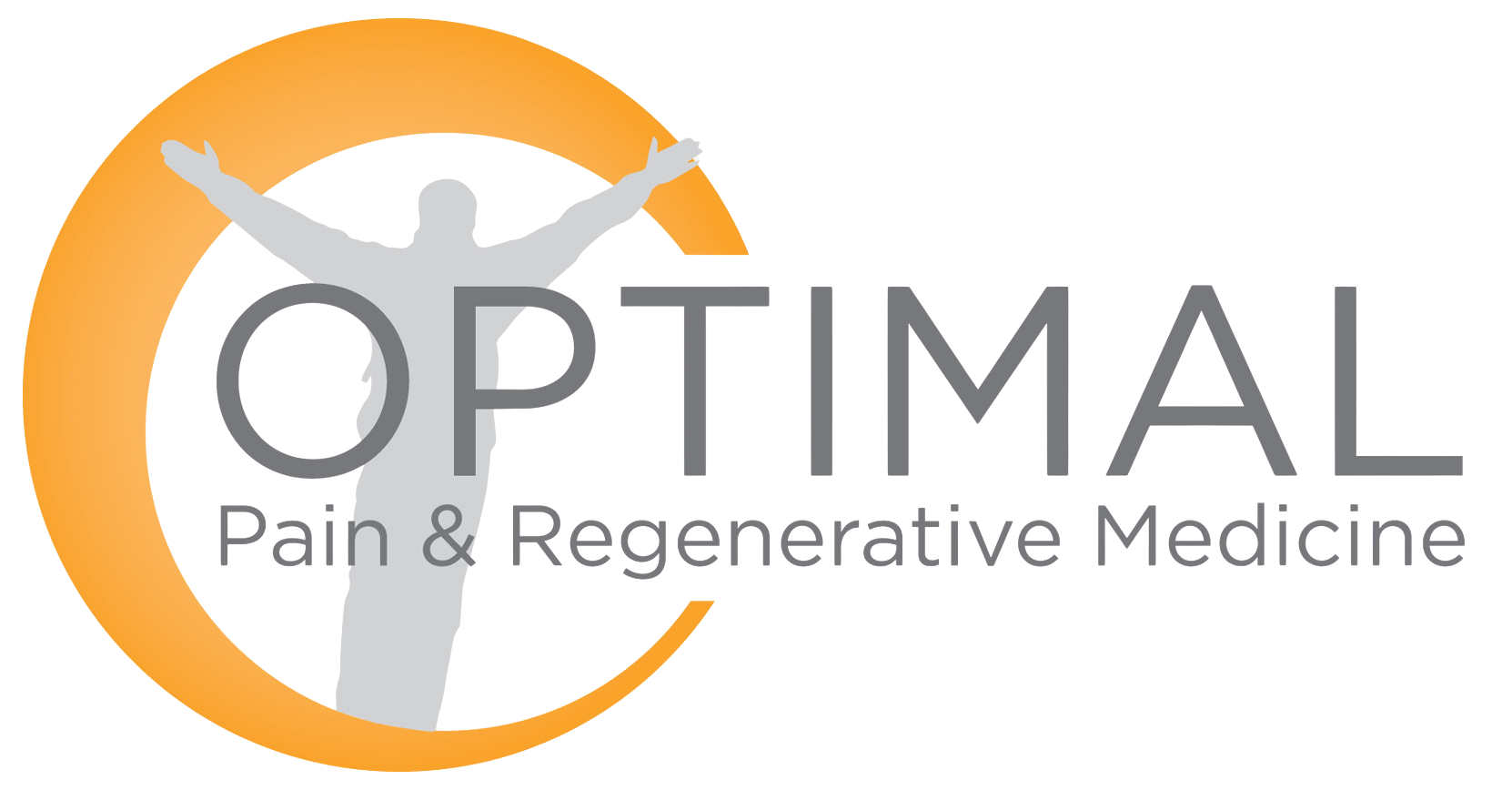Atypical facial pain is a pain condition that causes aching, persistent facial pain. This condition is commonly compared to trigeminal neuralgia even though the facial pain is different. The physicians at OPTIMAL Pain & Regenerative Medicine® diagnose and treat atypical facial pain in order to help our patients in the Fort Worth, Arlington and Dallas, Texas area live a pain-free life.
What is Atypical Facial Pain?
A pain disorder of the face, atypical facial pain is marked by persistent, localized pain that is sharp, aching, burning or squeezing. Patients do not experience periods of remission in many cases. The pain is commonly brought on by dental work, facial trauma or sinus infections. Physicians believe it may also be caused by damage to a small branch of one of the three trigeminal nerve divisions.
Often compared to the facial pain condition trigeminal neuralgia, atypical facial pain has a more distinct set of symptoms and time duration. Trigeminal neuralgia typically affects one side of the face and goes into remission, while atypical facial pain typically affects both sides of the face with no periods of remission.
What are the Symptoms of Atypical Facial Pain?
Atypical facial pain symptoms include:
- A dull, aching, burning, sharp, squeezing pain
- Facial pain typically occurs on both sides of the face
- No periods of remission
Are you suffering from facial pain?
Contact us today to learn how we can help alleviate your pain
What are the Causes of Atypical Facial Pain?
This particular facial pain condition was once believed to be psychological in nature. It is now widely recognized as a neurological disorder with a number of causes. These causes include:
- Dental infections
- Sinus infections
- Facial trauma
- Cervical spine disorders
- Trigeminal nerve trauma
- Vagus nerve tumors
How is Atypical Facial Pain Treated?
Facial pain is commonly diagnosed by a neurological evaluation. Physicians will rule out other conditions such as migraines, cluster headaches and trigeminal neuralgia. X-rays and an MRI scan may also be performed to confirm the diagnosis.
Each atypical facial pain case is handled differently. Some patients respond well to nerve blocks, while other patients respond well to medications such as muscle relaxants and antidepressants. Surgical treatment options rarely provide facial pain relief associated with this condition.
If you want to learn more about atypical facial pain or the available treatments for facial pain, please contact the OPTIMAL Pain & Regenerative Medicine® team.
